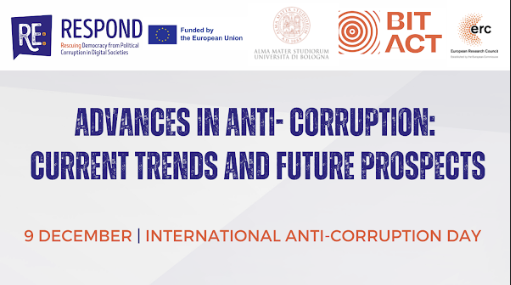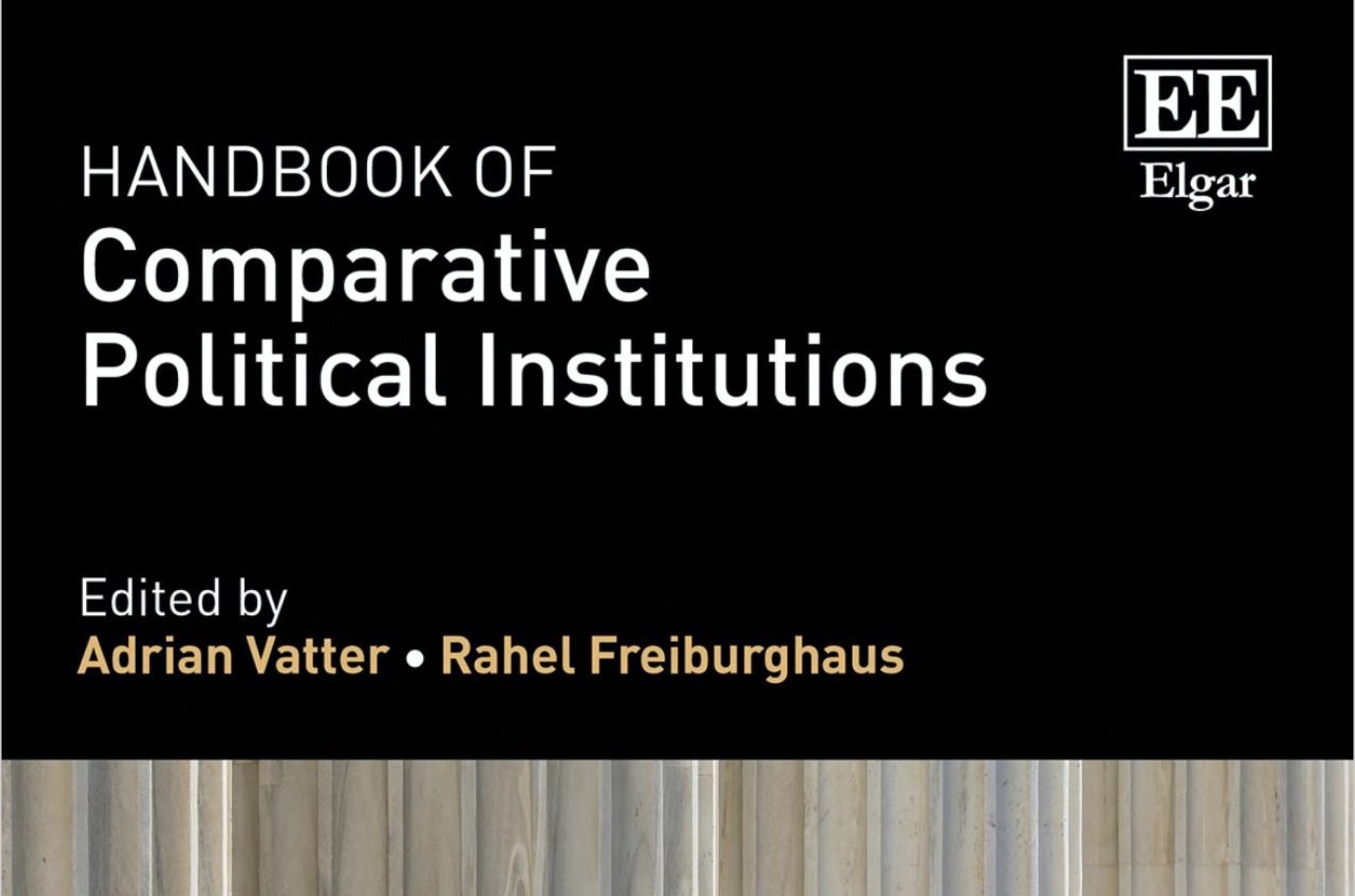News
-

Transcrime building anti-corruption research database
Transcrime, the joint research centre on innovation and crime at the Università Cattolica del Sacro Cuore and RESPOND partner, has been working on a common database of corruption cases to help RESPOND researchers determine how corruption works and its impact on today’s digital societies. The database will also be an important tool to track and…
-

IGA researches anti-corruption laws and their effectiveness
RESPOND partner, the Institute for Global Analytics (IGA), has been focusing on a historical-legal analysis of the process of the creation and evolution of regulatory frameworks related to domestic and cross-border practices of political corruption in nine countries: Sweden, the Netherlands, UK, Hungary, Italy, France, Ukraine, Serbia, and Bulgaria. This part of the project includes…
-

Harnessing the literature
The University of Bologna (UNIBO) is mapping what has been published in academic journals about the relationship between political corruption and five forms of influence which are investigated by RESPOND — lobbying, political finance, media capture, revolving doors, and personal connections. This revision of the academic literature will help RESPOND address the most important gaps…
-

Fernanda Odilla at the HACK-IT workshop in Lithuania
Our researcher gave an inspiring speech at the opening of a hackathon at Kaunas University Fernanda Odilla (University of Bologna) presented at the international event “Hack-IT community of practice: innovative pedagogies for responsible education workshop” at the Kaunas University of Technology in Lithuania. Designed to reflect on the challenges of teaching and learning in the 21st century, the event took place…
-

Register now for the online event “Advances in Anti-Corruption: Current Trends and Future Prospects” – 9 December
On International Anti-Corruption Day (December 9), three panels will explore corruption studies, anti-corruption efforts, and their impacts RESPOND invites you to the online event “Advances in Anti-Corruption: Current Trends and Future Perspectives”. Co-organized with the BIT-ACT (Bottom-Up Initiatives and Anti-Corruption Technologies research project, the event will be held online on the International Anti-Corruption Day –…
-

RESPOND’s analytical framework is showcased in a new publication on comparative political institutions
RESPOND has marked its first publication with a chapter in the newly released Handbook of Comparative Political Institutions (Edward Elgar). Titled “Political Institutions and the Corruption of Politics”, the chapter and soon available as Open Access, the chapter introduces RESPOND’s analytical framework designed to assess corruption within political institutions. This framework provides insights into the dynamic interactions between different types…
